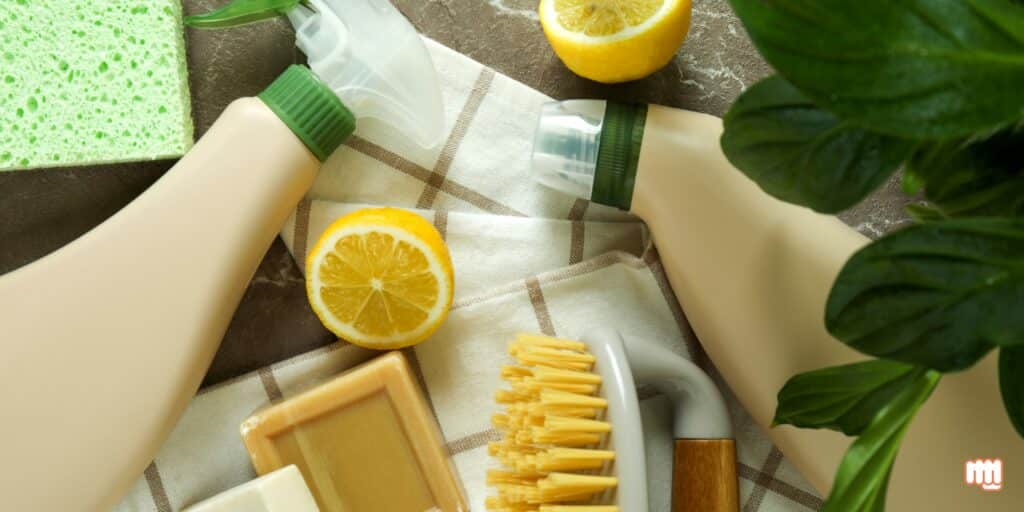
At Busted Knuckles Cleaning, we are always on the lookout for innovative ways to improve our services and make a positive impact on the environment. As we continue to grow and evolve, one area that we are particularly passionate about is eco-friendly cleaning. This week, we want to share how our commitment to sustainability is transforming the way we clean and how you can incorporate green cleaning practices into your own routine.
Why Eco-Friendly Cleaning?
The cleaning industry has a significant impact on the environment due to the chemicals and materials commonly used in traditional cleaning products. These products can contribute to air and water pollution, harm wildlife, and even affect our health. By switching to eco-friendly cleaning methods, we can reduce our carbon footprint, promote healthier living spaces, and protect our planet for future generations.
Our Eco-Friendly Approach
At Busted Knuckles Cleaning, we have implemented several eco-friendly practices to ensure our services are as green as possible:
- Green Cleaning Products: We use cleaning products that are biodegradable, non-toxic, and free from harsh chemicals. These products are not only safer for the environment but also for our clients and team members.
- Reusable Supplies: To minimize waste, we opt for reusable cleaning supplies such as microfiber cloths and mop heads. These materials are durable and effective, reducing the need for disposable alternatives.
- Water Conservation: We are mindful of our water usage during cleaning tasks. Our team is trained to use water efficiently, ensuring that we do not waste this precious resource.
- Energy-Efficient Equipment: Our cleaning equipment is chosen for its energy efficiency. From vacuum cleaners to steam cleaners, we select tools that perform well while consuming less energy.
- Recycling and Proper Disposal: We encourage recycling and proper disposal of cleaning materials. Our team is educated on the importance of recycling and how to properly dispose of any waste generated during the cleaning process.
Tips for Eco-Friendly Cleaning at Home
We believe that small changes can make a big difference. Here are some tips to help you adopt eco-friendly cleaning practices in your own home:
- Make Your Own Cleaners: Many effective cleaning solutions can be made with common household ingredients like vinegar, baking soda, and lemon juice. These natural cleaners are safe, inexpensive, and environmentally friendly.
- Use Microfiber Cloths: Microfiber cloths are excellent for dusting and cleaning surfaces without the need for chemical cleaners. They are reusable and can be washed multiple times.
- Choose Eco-Friendly Brands: Look for cleaning products labeled as eco-friendly, biodegradable, or non-toxic. These products are designed to be safer for the environment and your health.
- Reduce Paper Towel Use: Instead of relying on paper towels, use reusable cloths or rags. This simple switch can significantly reduce waste in your household.
- Opt for Natural Air Fresheners: Instead of chemical-laden air fresheners, try natural alternatives like essential oils, fresh flowers, or simmering citrus peels on the stove.
Our Commitment to Sustainability
As we continue to prioritize eco-friendly practices, we are proud to lead by example in the cleaning industry. Our commitment to sustainability extends beyond our cleaning services to include our business operations, employee training, and community outreach. We believe that every effort counts, and we are dedicated to making a positive impact on the environment.
Thank you for joining us on this journey towards a greener future. Together, we can create cleaner, healthier, and more sustainable living spaces. If you have any questions about our eco-friendly cleaning practices or want to learn more about how you can make a difference, feel free to reach out to us. Let’s embrace eco-friendly cleaning and make a lasting impact!

0 Comments